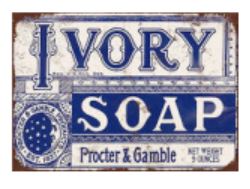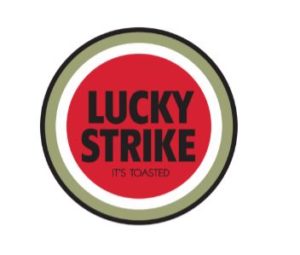
(By Charlie Sislen) Typically, this column has focused on getting new advertisers to invest in radio in order to help market their brand and increase sales. These are not typical times, and most radio sales executives are focused on preserving their existing client base. This may be an inappropriate phrase, but I have always said, “When the client catches a cold, I catch pneumonia.”
Hopefully, you have built a true partnership with your existing clients. Now is the time to use that trust to help them through these turbulent times. Every business and vertical is different. Sometimes you can only get a single message through to your clients. If that is the case, the message needs to be: You will benefit by continuing to advertise during an economic downturn. There are multiple reasons for this, but nothing can beat real-life examples.
The Great Depression of 1929 was the worst economic downturn in our nation’s history. There are numerous examples of advertisers who kept, or even increased, their marketing and it greatly benefited the brand.
In the 1920s, cold cereal was not considered a typical breakfast food. The market share for cold cereal was split evenly between Kellogg’s and Post. When the depression hit, Post acted as many marketers did and cut back their advertising expenditure. Conversely, Kellogg’s doubled its ad budget and heavily promoted a new cereal, Rice Krispies. Even with a poor economy, in 1933 Kellogg’s profits had risen by nearly 30%, and almost 100 years later they still hold a dominant position in the market. (Source: “Hanging Tough,” The New Yorker, 4/13/09)
 According to the Pavek Museum of Broadcasting, “During the Great Depression orders for soap plummeted, but P&G did not cut back on their advertising. Instead, they ramped it up by going into the relatively new medium of radio to advertise their soap products.” Still today, Ivory is a market leader in what is now a crowded field. (Source: “What the Great Depression Can Teach Us About Marketing,” HuffPost, 9/10/15)
According to the Pavek Museum of Broadcasting, “During the Great Depression orders for soap plummeted, but P&G did not cut back on their advertising. Instead, they ramped it up by going into the relatively new medium of radio to advertise their soap products.” Still today, Ivory is a market leader in what is now a crowded field. (Source: “What the Great Depression Can Teach Us About Marketing,” HuffPost, 9/10/15)
While tobacco companies cannot market on the radio now, in the 1920s and 1930s most were heavy advertisers. The American Tobacco Company, parent of Lucky Strike, was one of the biggest advertisers during the depression. According to a study from Elon University, the American Tobacco Company “maintained an advertising agenda regardless of the political, social, or economic conditions the country faced and succeeded in the sale of nonessential commodities.” This resulted in consistent profits through nearly all of the 1930s. (Source: “Influence of Advertising During the Great Depression,” Kate Nichols, Elon University)
The conclusion is simple. History proves that if you continue advertising and marketing during economic downturns, you will maintain your brand and make your company stronger once the crisis ends.
Share these examples with your advertisers and help them navigate our choppy economic times.
Charlie Sislen is a partner at Research Director, Inc. He can be reached at 410-956-0363 or by e-mail at [email protected]. This essay is part of a series titled “Growing the Radio Pie.” To view past articles, visit The Ratings Experts at Research Director, Inc. online here.






Great examples…thank you Charlie!